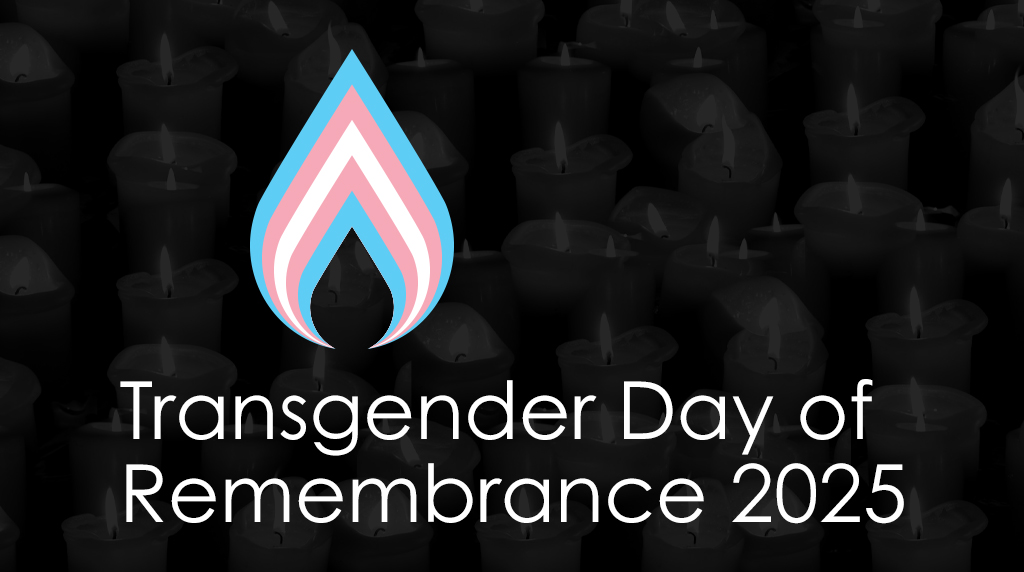By Helen Birch (Training & Education Officer)
Our blog today is informed by my sister’s experiences of living with serious mental illness; she has bravely chosen to give full consent for her experiences to be shared, as she hopes that this will allow people to truly see the realities faced by many people on a daily basis and allow for understanding and support.
Mental health illnesses are often invisible, unseen by the eye but deeply felt within. Just because someone appears fine on the outside doesn’t mean they aren’t fighting a battle inside. These struggles are real, painful, and deserve the same understanding and compassion as any physical illness.
Unfortunately, mental illness can still carry stigma, ridicule and misunderstanding. People are often judged, avoided or dismissed, when what’s truly needed is empathy, patience, and genuine care.
Living with mental illness can make a person incredibly strong, but it doesn’t protect them from the harshness of others’ words or actions. Trying to explain what’s going on inside can feel impossible, especially when, at times, you don’t even understand it yourself.
Mental illness isn’t contagious and no one can simply ‘snap out of it’. For many, how they feel can change from one hour to the next. It’s okay to ask questions, even if the answers aren’t always clear. What’s not needed is pity or avoidance. People living with mental health challenges are not broken, weak or ‘crazy’ – they are human, doing their best to navigate something incredibly complex.
A Personal Journey
‘Living with Bipolar II disorder (rapid cycling), anxiety that can lead to agoraphobia, and borderline personality disorder, among others. Each day brings its own challenges – and sometimes, simply getting through the day is an achievement in itself.
‘Despite these challenges, I count myself lucky. I have four amazing children who give me strength and purpose. They are my reason to keep going, and as long as one of them is in this world, I’ll keep fighting’.
The Highs and Lows
During the lows, simple things like self-care, eating, sleeping or looking after my home can feel impossible. My mind fills with self-loathing, fear and hopelessness. The thoughts that accompany these episodes are dark and isolating, leaving me feeling cut off from the world.
During the highs, it’s a completely different experience – full of energy, excitement and impulsivity. Boundaries fade. I feel invincible, unstoppable and free, but this state can be just as dangerous. It affects how I speak, act and relate to others, and often leaves me feeling exhausted when it fades.
I take several medications each day and have engaged with every therapy and course offered locally. Sadly, due to long waiting lists and staff shortages, I no longer have a psychiatrist or support worker. For now, I navigate this journey largely alone. The treatments don’t ‘fix’ things – they simply help me manage and stay afloat.
Grief and Isolation
For nearly three years, I’ve been struggling more deeply since losing my wonderful Nanna – my favourite person. She understood me completely, and her love was my anchor. Since her passing, I’ve found it hard to connect with others or function in a world that feels emptier without her. My reclusiveness has deepened, and loneliness has become an ever-present companion.
Reaching Out Matters
We often see posts online saying, ‘I’m here if you need me’. While these messages come from a good place, they’re only meaningful if they’re backed by action. Sometimes, what makes the biggest difference is something small – a message, a call, a card or a shared memory.
Even if the person doesn’t respond, your contact still matters. It shows that someone cares, that they’re not forgotten, and that their life still touches others.
So, if you think someone you know might be struggling, reach out. It might not feel like much, but it could mean everything.
Understanding, Not Judgement
No mental illness is something to be ashamed of. I’m not ashamed of mine – and no one should be. Almost everyone will experience some form of mental health challenge during their lifetime, whether personally or through someone they love.
Mental illness isn’t an excuse; it’s an explanation. It doesn’t define who we are. It’s a part of us, but not all of us.
I am still me.
If you or someone you know is struggling with mental health, please don’t face it alone. Reach out for support — whether that’s a trusted friend, family member or professional service. Understanding starts with a conversation.




